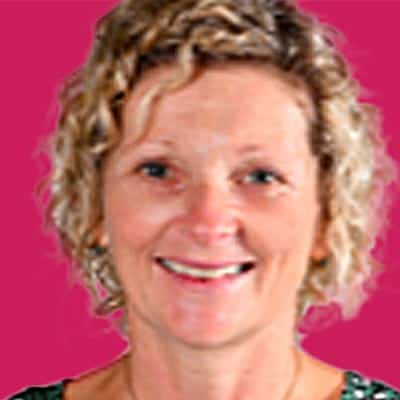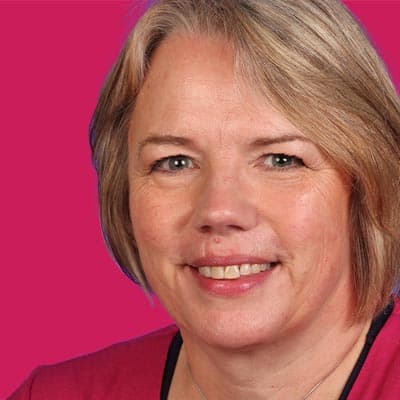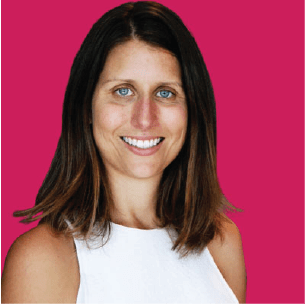In this session Sally Peters and Hazel Woodhouse from the University of Waikato explore transitions in the early years and share research findings that help to understand the transitions experienced by young children and their families and the implications of these for practice. We also consider the transition pathways in Te Whāriki and the potential of using digital spaces for enhancing the transition to school.
To help you navigate the webinar easily, there is a list of the key topics covered in the session below, including the time each was discussed. The key ideas discussed in this webinar are also shared in a short insight article.
Topics discussed in this webinar
Times shown in minutes and seconds from the start of the video
| 1.38 | What transitions occur for children in early childhood? |
| 5.37 | Research findings on the transition experiences of children |
| 12.23 | Families’ transition experiences |
| 17.06 | Using digital tools and technologies to support transitions |
| 24.53 | Other implications for practice |
| 31.17 | Building relationships with new entrant teachers |
| 34.10 | How primary schools can support transitions |
| 36.54 | Working with culturally diverse families and learners |
| 39.47 | What if you can’t visit the school the child will attend? |
| 41.24 | Length of time required for transition |
| 44.24 | Assessing when transition between groups is appropriate |
| 46.20 | Transition forms and rituals for transition |
| 49.53 | Concluding comments |
Questions for exploring the key ideas from this webinar
Would an online space for collaborating and sharing ideas and information about transition work well for your community? Who would it be important to include in this initiative?
In what creative ways might you use digital technologies to provide families with transition information? How could you ensure that this information was readily accessible at a time that families need it?
How could you find out what families and children want to know about transition?
How might you involve children and families in determining what information about the child’s learning and interests to pass on to the next group or school?
How might you initiate or build on relationships with local schools and kura?
Further reading
TKI online: https://tewhariki.tki.org.nz/en/weaving-te-whariki/pathways-and-transitions/
Bond, L., Brown, J., Hutchings, J., & Peters, S. (2019). A collaborative approach to transitions in Dannevirke. Early Childhood Folio, 23, 2, 18-23.
Hoehepa, M. et al. (2017). Riariakina ō rongo hirikapo: From kōhanga reo to kura. Teaching and Learning Research Initiative final report.
Peters, S. (2010). Literature review: Transition from early childhood education to school. Report commissioned by the Ministry of Education. Wellington: Ministry of Education.
Peters, S., Hartley, C., Rogers, P., Smith, J., & Carr, M. (2009). Supporting the transition from early childhood education to school: Insights from one Centre of Innovation project. SET: Research information for teachers, 3, 4-10.
Peters, S., Paki, V., & Davis, K. (2015). Learning journeys from early childhood into school. Teaching and Learning Research Initiative final report.



